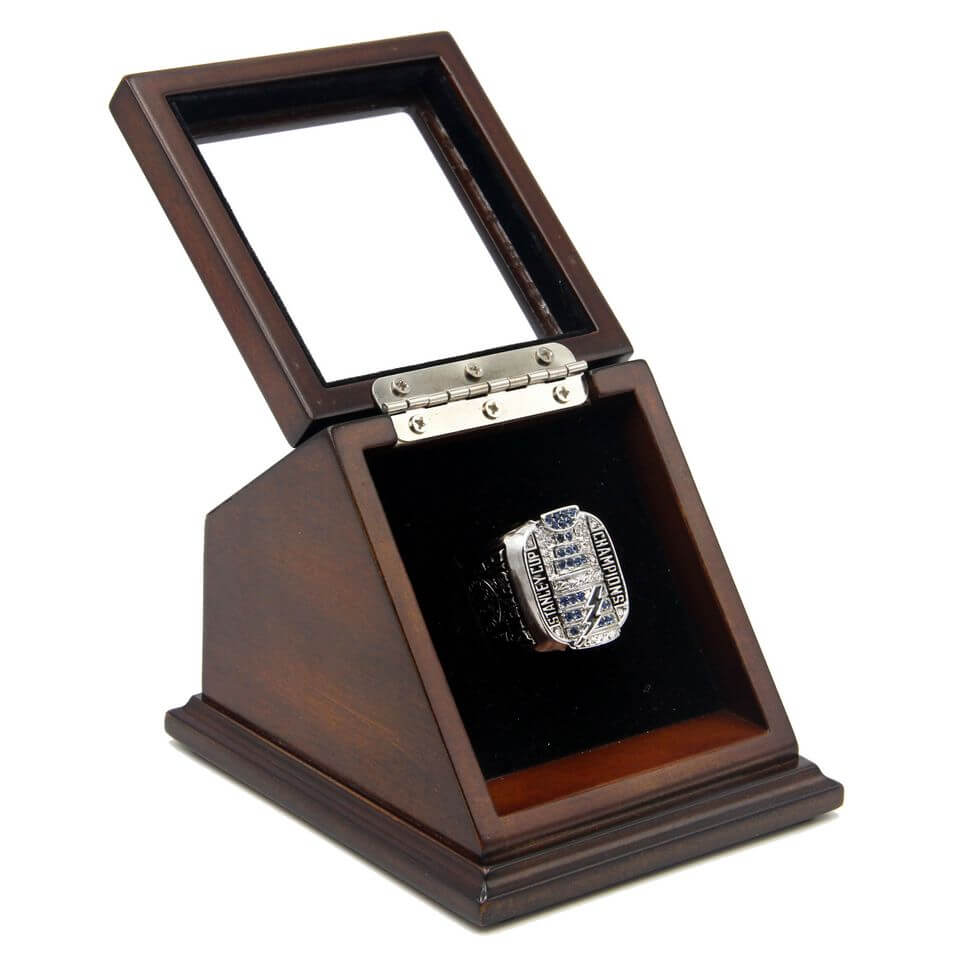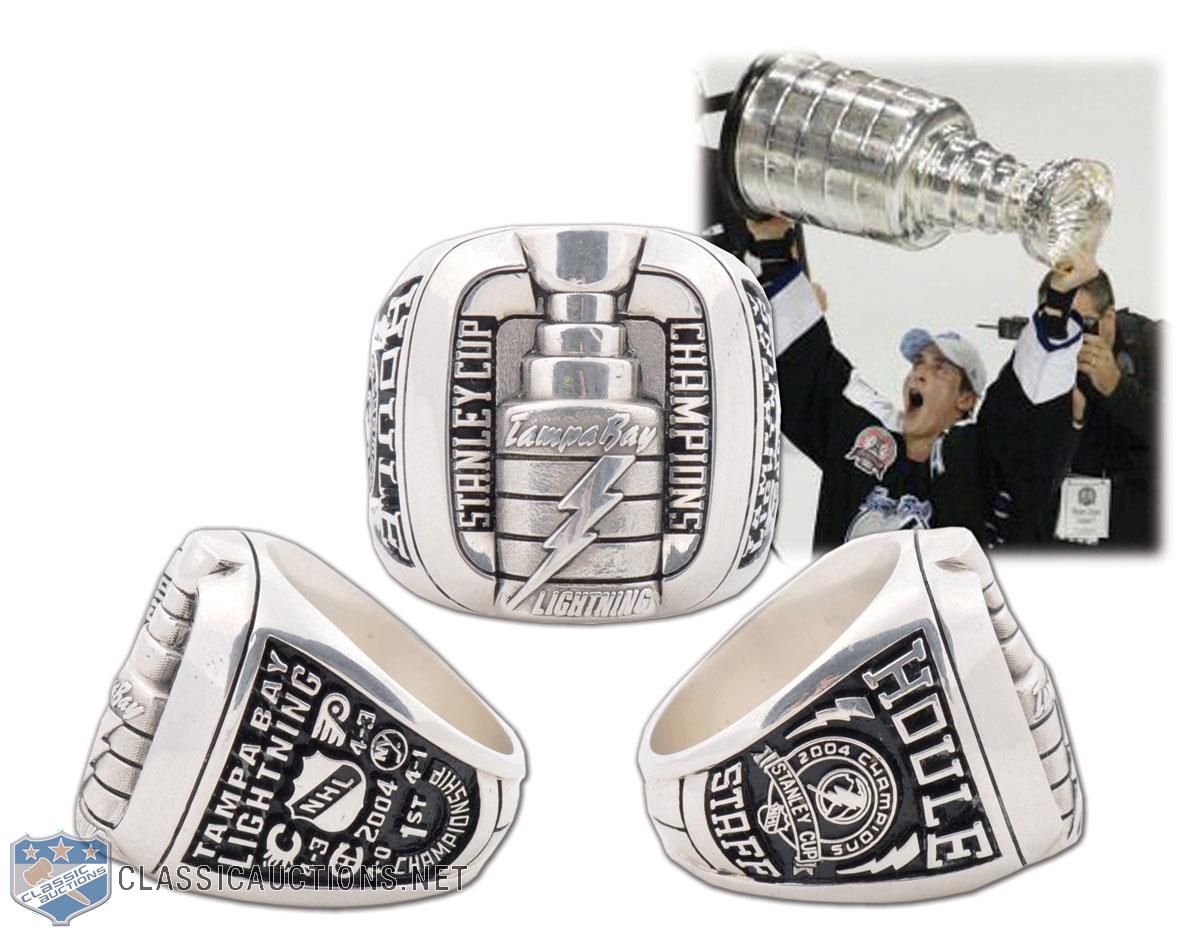


Even when Tampa Bay finally did win the Cup last fall, it seemed as though the team’s unusual magic would probably end there, given the constraints of the salary cap. They dropped multiple Game 7s when they were supposed to win championships they lost the 2015 Stanley Cup final to the Chicago Blackhawks and they were, most embarrassingly, swept in the first round after a Presidents’ Trophy–winning season in 2019. They were high-flying and fun to watch they were also an eensy bit tragic. The franchise, helmed for years by Steve Yzerman, was seen as having been built the right way: through careful, and at times lucky, drafting opportunistic trades and calm decision-making. There was a time when the Lightning were equal parts feared and pitied. Kucherov’s remarks would have been noteworthy on their own, but combined with his controversial role in Tampa Bay’s structural success this season, they represented an out-and-out heel turn not only for him, but also for the organization. “Are you kidding me? Are you kidding me? Their final was last round.”) (“The fans in Montreal acted like they won the Stanley Cup last game,” he said. He opined on the reporters’ digital equipment (“buy a new microphone,” he chirped to one reporter he couldn’t hear clearly) his team’s goalie, Andrei Vasilevskiy (“they give it to whatever the guy in Vegas, the Vezina” over him, he complained) and, most harrowingly, Montreal Canadiens fans.

Sitting shirtless in a Zoom room, clapping and flashing peace signs and drinking a Bud Light, Kucherov-whom I once described, apparently quite erroneously, as “pretty quiet”-went off. No sighs this time, only smirks.Ī few minutes after McDonagh spoke, Nikita Kucherov, the 28-year-old Russian winger who led the league in scoring in 2018-19, stole the postgame show. “Wake up, NHL,” McDonagh said, joking but not joking, displaying the preeminent mood of this season’s champions: No apologies, just achievement. This time, defenseman Ryan McDonagh said in his postgame press conference, he and his teammates won’t just deserve their one customary day with the Stanley Cup-they better get two. This time, the things that have long made the Tampa Bay Lightning special-their stacked lineups their elite scorers and overachieving randos their deft playing of cat’s cradle with the salary cap-garnered a little less reverence and a little more resentment around the hockey world. This time, it was the environment outside the building that was foggy, thanks to the atmospheric backwash of a passing tropical storm and the sweaty, happy mass of humans celebrating their team’s 1-0 Game 5 victory over the Montreal Canadiens. This time, the Cup was won in a packed Amalie Arena in downtown Tampa. But for all the similarities to last season’s outcome, this win felt different. And the entire coaching staff, wet with sweat and champagne, squeezed together for a communal Zoom the same way they had last September.
Tampa bay lightning stanley cup rings how to#
Pat Maroon earned his third ring in a row, a feat he called “fucking amazing.” Brayden Point and Ondrej Palat knew just how to act when handed the big trophy because they’d been there just a few months before.

Stamkos looked like a kid out there, scrunching his nose in happiness. On Wednesday night, with almost the same roster and in yet another season affected by the pandemic, the Lightning won another title, lifting the Stanley Cup in back-to-back seasons. A whole lotta the good guys, like superstar sniper Steven Stamkos and defensive king Victor Hedman and former laxer lawyer head coach Jon Cooper, earned the right to put their names on the Cup that night-and yet none of them, it would later turn out, got to experience the glorious tradition of each spending a day with the Stanley Cup in the offseason. But it had also been aesthetically and maybe a little existentially hollow, achieved inside an empty, echoing arena in Edmonton, far away from the players’ families and the electric atmosphere of the Lightning’s home building. Tampa Bay’s 2020 title came on the heels of 65 days of quarantine, as well as years of not-quite and almost-there and oh-shit showings in the playoffs. The NHL’s bubble experiment had gone mostly smoothly, with no recorded COVID-19 outbreaks during the many weeks of competition, but mercifully, it was finally over. When the Tampa Bay Lightning lifted the Stanley Cup last fall in the strange, sterile, mid-pandemic bubble, the gleaming trophy was practically fogged up by all the sighs of relief and exhaustion around it.


 0 kommentar(er)
0 kommentar(er)
